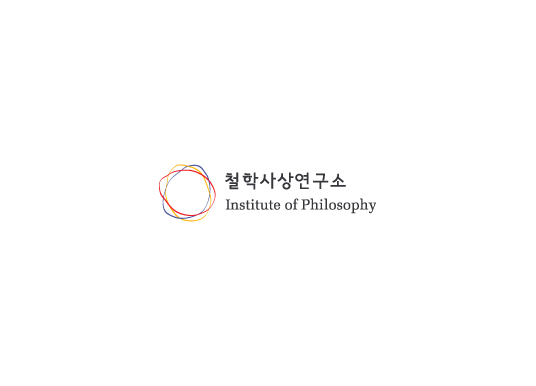An Agent and the Soul as the Cause of Motion in Aristotle’s De Anima
아리스토텔레스 『영혼론』에서 운동인으로서의 영혼과 작용자
Regarding whether Aristotle’s soul as the cause of motion in De Anima is an agent that acts upon the body, some scholars claim that the soul is not an agent but a crucial factor in the scientific explanation of the motion of living things, while others insist that it is such an agent. I support the former view and strengthen its arguments. I show that the latter view does not fit Aristotle’s use of instrumental language and is not supported by either his theory of motion or his ontological conception of the numerical identity of the soul and body. Based on DA’s main goal and the theory of knowledge in Posterior Analytics, I argue that DA’s discussion of the soul as the cause of motion implies that we cannot scientifically explain the motion of living things unless we discover the definition of the soul, not that a living thing cannot move unless the soul acts upon the body.
아리스토텔레스 영혼론에서 운동인으로서의 영혼이 ‘몸에 영향을 가하는 작용자’인지와 관련하여, 영혼은 그러한 작용자가 아니라 생물 운동에 대한 학문적 설명에 포함되어야 하는 핵심 요소라는 것이 일부 학자들의 주장이고, 영혼은 그러한 작용자가 맞다는 것이 또 다른 일부 학자들의 주장이다. 이에 본고는 전자의 견해를 지지하면서 그 논변을 강화한다. 이를 위해 필자는 후자의 견해가 아리스토텔레스의 도구 지칭 어휘 사용방식에 부합하지 않고, 그의 운동론으로 뒷받침되지 않으며, 영혼과 몸의 수적 동일성을 내세우는 그의 존재론에도 어긋난다는 점을 보인다. 이어서 필자는 영혼론의 주된 목표와 분석론 후서의 지식론에 입각하여, 다음을 보이려 시도한다. 운동인으로서의 영혼에 대한 아리스토텔레스논의가 함의하는 바는 영혼이 몸에 작용을 가하지 않으면 생물이 운동할 수 없다는 것이 아니라, 우리가 영혼의 본질을 파악하여 영혼을 정의하지 않으면 생물의 운동을 학문적으로 설명할 수 없다는 것이다.
서울대학교 철학사상연구소
충북대학교 오지은

